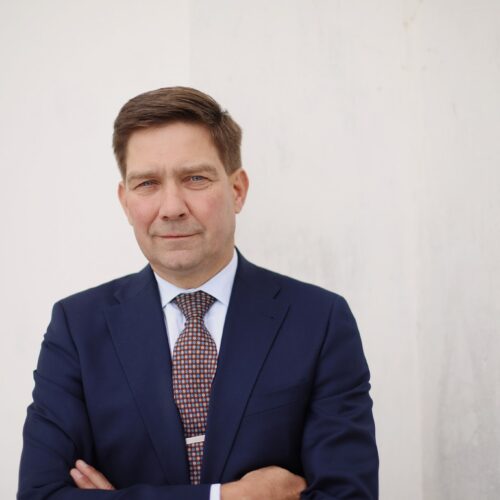In recent years, gang culture has become an increasing problem in Finland’s large cities. With a dozen or so active street gangs in the Helsinki Metropolitan Area, organised gang crime is also on the increase in cities such as Turku. MP Sandra Bergqvist (RKP) is worried about this trend.
Gangs have their own culture, which romanticises weapons, violence and heightened masculinity, and in which music and videos that encourage violence play a major role. Gang members carry out violent and criminal activity to improve their status within the group. Bergqvist considers the gangs’ mentality to be a particular threat.
“While the majority of the population considers a prison sentence to be a negative consequence to be faced after committing a crime, the young people in these gangs take a completely different view. In these circles, jail time is seen as more of a trophy and the worse one’s criminal record, the better,” Bergqvist says.
Therefore Bergqvist considers the Finns Party’s proposal for lowering the criminal liability age and toughening penalties to be extremely problematic. It would only work to enhance the status of gang members.
“No child or teenager is OK in prison. We have to come up with better, targeted actions to get children and adolescents out of these destructive, criminal gangs in the first place. Youths who have been sentenced to jail have to be made to understand the destructiveness of their actions,” Bergqvist says.
Gang crime is a multifaceted problem without simple solutions, according to Bergqvist.
“Gang criminality is a symptom of ill-being among today’s youth and of a failure of integration. Too many young people are becoming marginalised already at school, and something must be done about it. We all want to belong, to feel seen and heard, but street gangs must not become an attractive option. There must be more support for vulnerable families with children and more investment into outreach youth work. Gang criminality can be conteracted by focusing on early intervention at various levels of society and by better tackling its root causes,” Bergqvist concludes.






